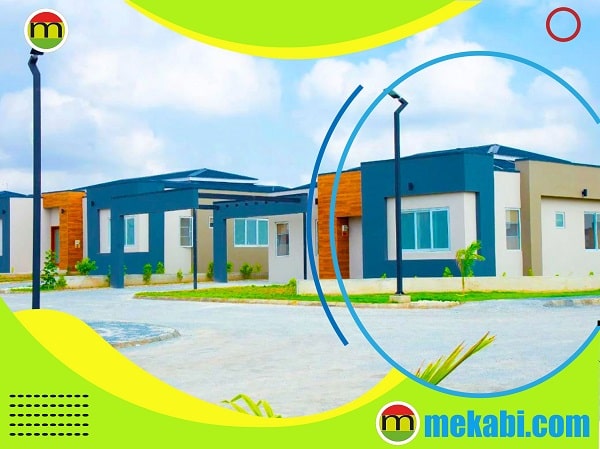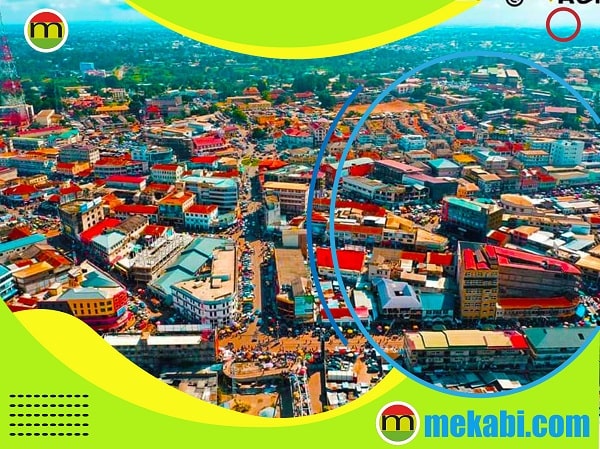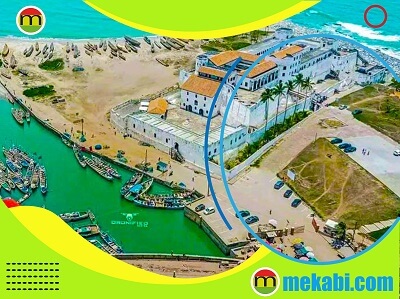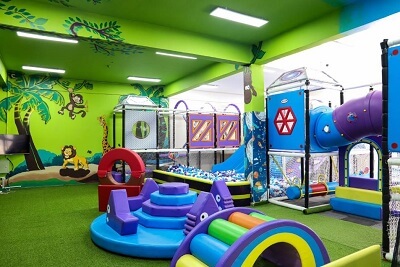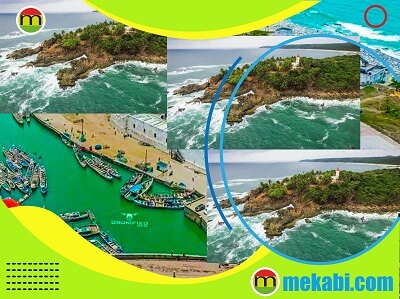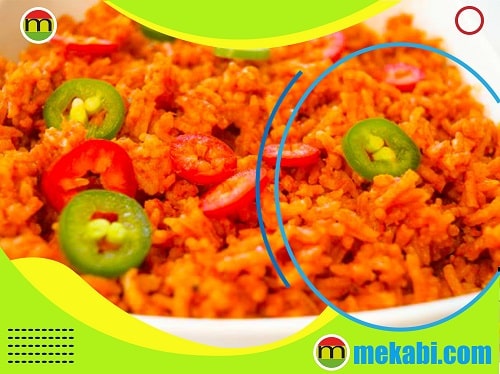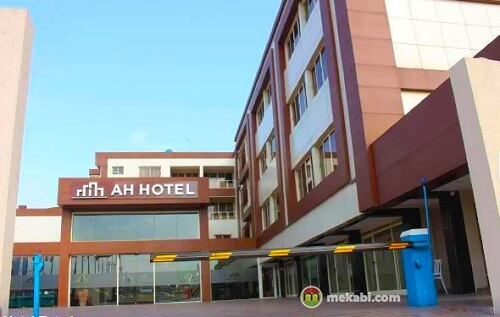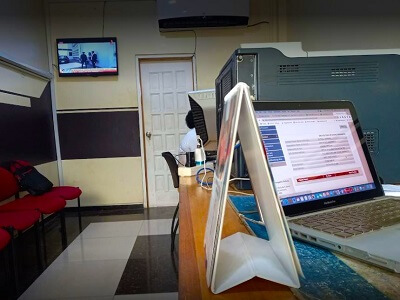22 Facts About Ghana For Kids
When embarking on global travels with your kids, consider placing Ghana at the top of your priority list.
Nestled in West Africa, Ghana unfolds as a remarkably beautiful destination, adorned with a rich cultural heritage and a captivating history that will leave a lasting impression on your family.
Before you venture to Ghana with your children, it’s worthwhile to introduce them to some captivating facts about this enchanting country.
From its vibrant traditions to its historical significance, Ghana offers a unique blend of experiences that will not only educate but also delight young minds.
Let’s unravel these interesting facts, creating a sense of anticipation and curiosity as you prepare to explore the wonders of Ghana with your family.
22 Facts About Ghana For Kids
Here are some basic facts about Ghana that your kids should know.
Location Of Ghana
Ghana is a country located in West Africa. Its geographical position in the western part of the African continent contributes to its diverse landscapes, rich cultural heritage, and a history that spans centuries.
As you explore Ghana, you’ll encounter a tapestry of natural beauty, vibrant traditions, and the warmth of its people, making it a truly captivating destination in West Africa.
Ghana’s Colonial Master
Ghana was once a British colony, and the British played a significant role in its colonial history.
The period of British colonization in Ghana lasted from the late 19th century until Ghana gained independence on March 6, 1957.
The struggle for independence was led by prominent figures such as Kwame Nkrumah.
During the colonial era, Ghana was known as the Gold Coast due to its valuable gold resources. The legacy of British colonial rule has left an impact on various aspects of Ghanaian society, including governance, education, and infrastructure.
Ghana’s attainment of independence marked a crucial moment in the broader context of African decolonization.
Ghana’s Independence
Ghana gained its independence from British colonial rule on March 6, 1957. This significant event marked the end of the colonial era and the beginning of a new chapter in Ghana’s history as a sovereign nation.
The leader of the independence movement and Ghana’s first Prime Minister, Kwame Nkrumah, played a key role in achieving this milestone.
March 6th is celebrated annually as Independence Day in Ghana, commemorating the country’s freedom and the strides made toward self-determination.
The First President Of Ghana
Dr. Kwame Nkrumah was indeed the first President of Ghana, and he played a pivotal role in leading the country to independence.
As the leader of the independence movement, Nkrumah’s efforts were instrumental in securing Ghana’s freedom from British colonial rule on March 6, 1957.
Following independence, he became the Prime Minister and later the President when Ghana became a republic in 1960.
Dr. Kwame Nkrumah is widely regarded as a key figure in the struggle for African liberation and pan-Africanism.
His leadership and vision significantly influenced the early years of Ghana’s post-independence development.
Ghana’s Capital City
Accra serves as the capital city of Ghana, and it indeed stands as a bustling metropolis with a vibrant atmosphere.
As the economic, cultural, and administrative hub of the country, Accra encapsulates the dynamic spirit of Ghana.
The city is known for its diverse attractions, lively markets, historical landmarks, and burgeoning arts and entertainment scene.
Additionally, your mention of vibrant nightlife aligns with Accra’s reputation for offering a range of entertainment options, including nightclubs, bars, and cultural events.
The city’s nightlife contributes to the energetic and cosmopolitan ambiance that residents and visitors alike can enjoy.
Population Of Ghana
The population of Ghana exceeds 31 million individuals.
Ghana’s Cultural City
Kumasi, renowned as the cultural hub of Ghana, earned the distinguished title of the Garden City bestowed by the late Queen Elizabeth II.
Ghana’s Language
Ghana stands as a multilingual nation, boasting a rich tapestry of over 80 languages. Notably, Twi takes precedence as the most widely spoken local language in the country.
Ghana’s current President
His Excellency Nana Addo Dankwa Akufo-Addo presently serves as the President of Ghana. He assumed office in the year 2016.
Religion Of Ghana
Ghana stands as a nation deeply rooted in religious diversity, with Christianity holding a predominant presence.
Alongside Christianity, Islam is widely practiced, reflecting the harmonious coexistence of multiple faiths within the country.
Currency of Ghana
The official currency of Ghana is the Ghanaian cedi, where GHS 1 is equivalent to 100 pesewas.
Ghana’s National Day
The national day of Ghana falls on the 6th of March, commemorating the Independence Day of the country.
Meaning Of Ghana
The name “Ghana” derives its meaning as the “Warrior King” from the Soninke language.
Countries That Share Border With Ghana
Ghana shares its borders with Ivory Coast to the west, Togo to the east, and Burkina Faso to the north.
Ghana’s Official Language
English serves as the official language of Ghana, with Ghanaians utilizing both written and spoken British English, a legacy from the colonial period under British rule.
Ghana’s National Symbol
The national symbol of Ghana is the black star, symbolizing unity and the identity of the nation.
Ghana’s Traditional Meals
Ghana is renowned for its delectable cuisines, including fufu, banku, and various other dishes that contribute to the country’s rich culinary heritage.
The One Who Design The Ghana National Flag
The Ghana National Flag, designed by Theodosia Salomey Okoh, features three horizontal stripes in red, gold, and green, with a prominent black star positioned in the center.
Ghana’s Wildlife Reserves
Ghana is home to numerous wildlife reserves, including notable ones like Kakum National Park and Mole National Park.
Ghana’s Man-Made Lake
Lake Volta in Ghana stands as the largest man-made lake globally, covering an expansive area of 8,502 square kilometers.
Ghana’s Hospitality
The people of Ghana are known for their warmth and hospitality. When visiting Ghana, it is advisable to greet with a smile and show respect, as these gestures are appreciated and contribute to a positive interaction with the friendly locals.
Ghana’s culture
Ghana boasts a vibrant cultural heritage, marked by diverse festivals such as Homowo, Hogbetsotso, Dambai festivals, and numerous others that celebrate the richness of the country’s traditions.
Frequently Asked Questions
Ghana holds the historic distinction of being the first African country to gain independence from colonial rule.
Summary
Ghana, a captivating and welcoming country, is a destination loved by many. With its rich cultural heritage and history, Ghana offers a diverse tapestry of experiences.
From the enchanting wildlife and scenic landscapes to the vibrant traditional music and dance, there’s a wealth of fascinating aspects to explore.
This article highlights 22 interesting facts about Ghana, making it an essential read for kids and anyone planning to visit this beautiful country.
Understanding these facts enhances the appreciation of Ghana’s beauty and cultural significance.
Don’t miss the chance to explore and learn about the wonders that Ghana has to offer.
You can also check out our Ghana-related articles:

